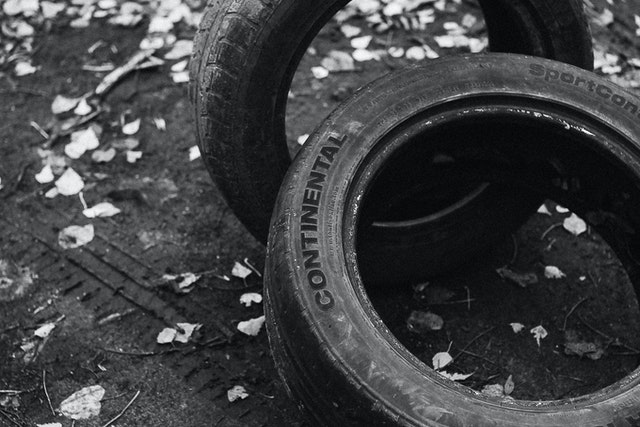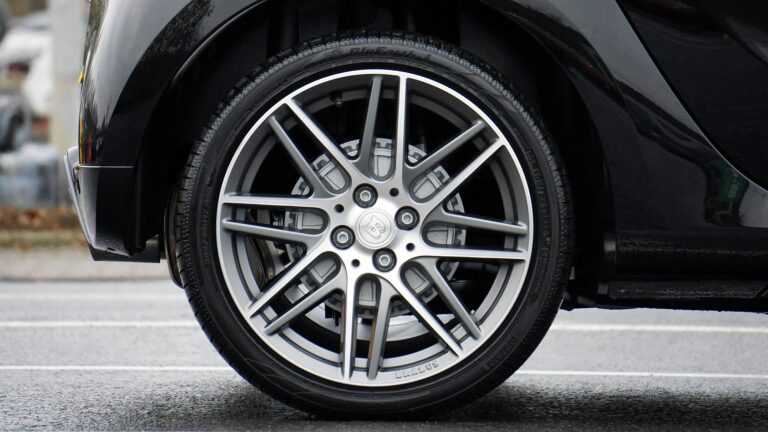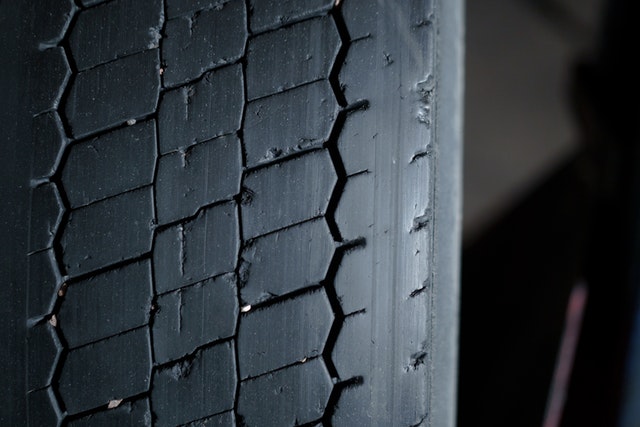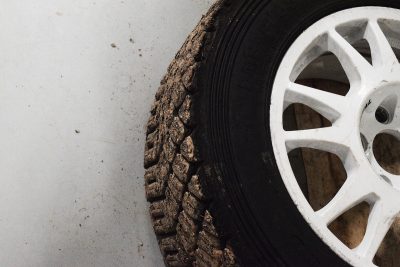Nuts about wheel-nuts: Retourquing wheel nuts
Torque is basically the unit of measurement for the twisting force that’s applied to a wheel nut. Wheel nuts are torqued for each wheel by mechanics to ensure that they meet the vehicle manufacturer’s standards when fitting the wheel for the first time. However, a second check-up is also necessary.
Chris Lett, Australian tyre recycler and owner of Branigans Tyres gives vehicle owners a lesson on retourquing wheel nuts.
When new, or substituted wheels are fitted for the first time, the individual responsible must torque all wheel nuts according to the vehicle manufacturers’ specifications as seen in the vehicle owner’s handbook and vehicle documentation. “After 50 kilometres of driving on the new tyres, wheel nuts must be checked once again, and if needed, be retourqued to restore initial value,” says Lett.
Each vehicle make will be subjected to different amounts of torque to tighten up the wheel nuts, as well as to avoid causing any damage in the process.
“In terms of the correct order for wheel nut torquing, loosening or tightening wheel nuts properly, requires a particular tool known as a tool wrench,” says Lett. “The vehicle owner, or mechanic will start by setting the torque wrench to half of the expected torque, tightening each nut according to that setting,” Lett adds.
The setting is then adjusted on the wrench to tighten all the wheel nuts to the correct torque. Wheel nuts are tightened in a particular sequence to allow thorough torque. The proper order for any wheel with five or ten nuts is a star-shaped pattern. A wheel with four wheel nuts, on the other hand, is tightened in the shape of a cross.
Should wheel nuts be placed too tightly, they can cause intense issues such as wheel stud stretching, as well as fastener threads being stripped. Brake drums can also become warped, along with the wheel hubs. If wheel nuts are placed loosely, they can lead to wheels potentially coming off while driving. Therefore, it is important to find the right balance when torquing the wheel nuts.
Dirt, sand and rust between the threads of a nut can create false torques during the first fitting, where the force applied, outdoes the friction, but does not result in a clamping force. It is important to take note of this and keep a close eye on all wheel nuts to ensure they’re well maintained and solidly torqued.
Wheel nuts sustain strains and stresses during daily road use, so regular wheel nut retourquing should be conducted to ensure the strength, quality and safety standards are reaffirmed. Wheel nut retourquing is a priority that must be attended to every year.
At Branigans Tyres, Chris Lett and his team ‘go green’ and are experts in the recycled tyre business. Branigans Tyres has well-established workshops in Burleigh Heads and Southport in the Gold Coast region. Checkout their full range of services or current featured promotions. Branigans award-winning affordable tyre subscriptions package start at $7.97 and help motorists budget for their ongoing tyre needs.
Vehicle owners are encouraged to drive in at their convenience as no pre-bookings or appointments are required. Branches are situated at 13 Flagstone Drive, Burleigh Heads, contact number (07) 5535 2660 or 1/277 Southport-Nerang Rd, Southport contact number, (07) 5591 8633.
Written and Syndicated by: YDMA News







